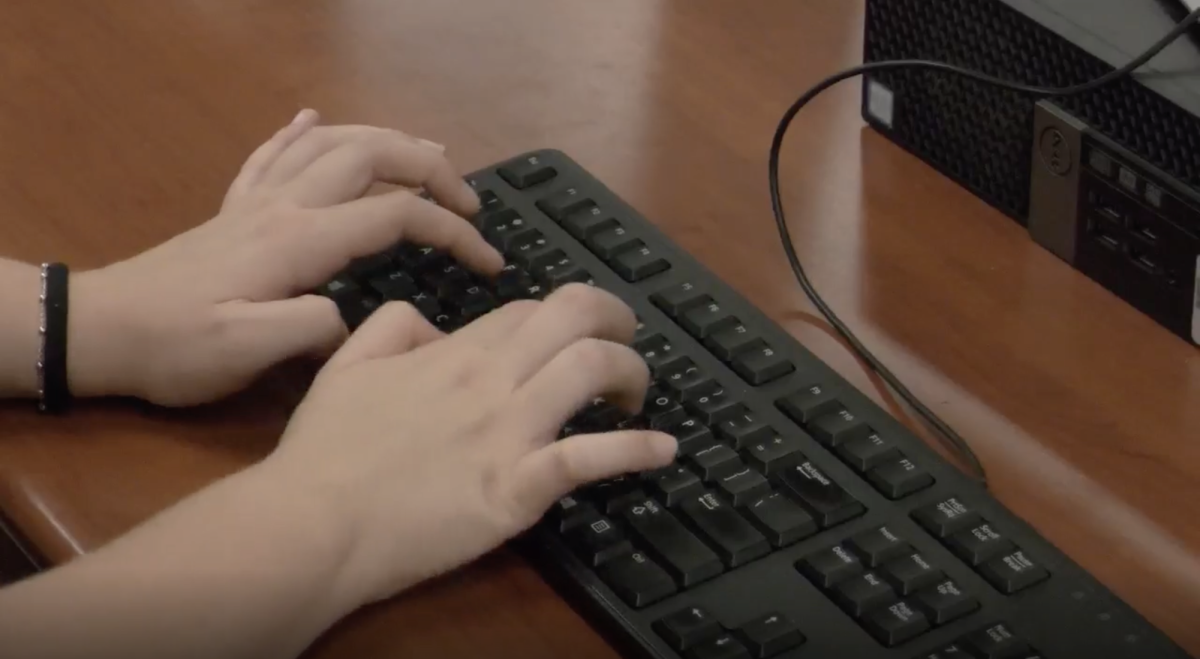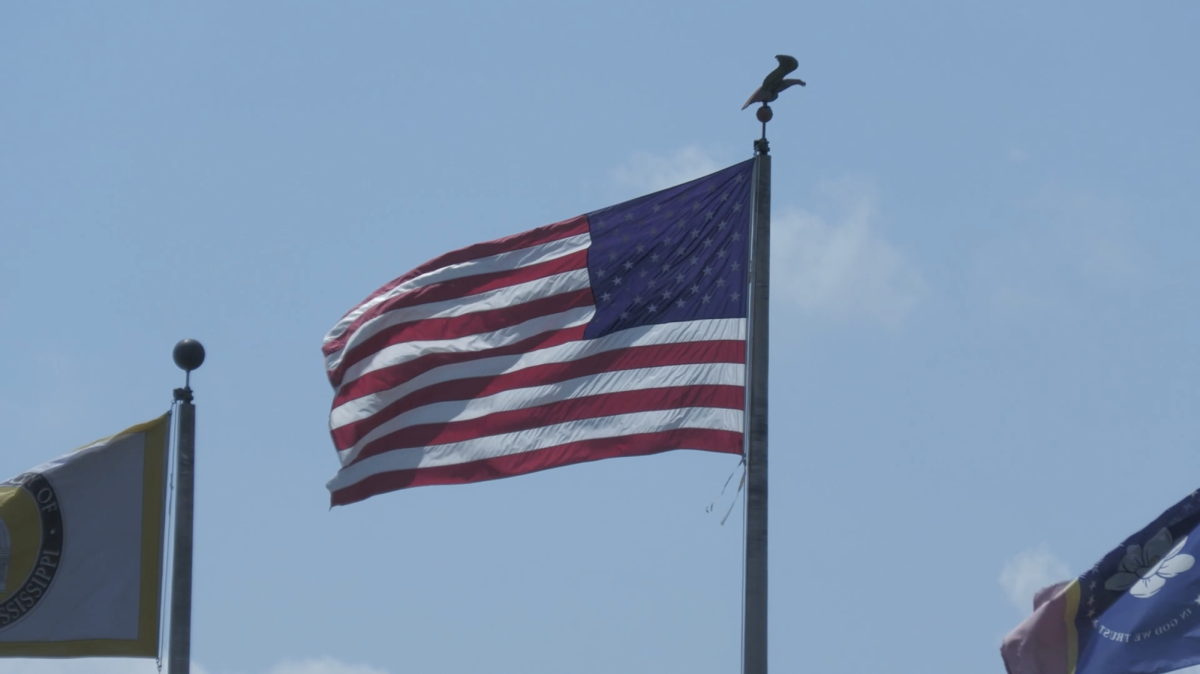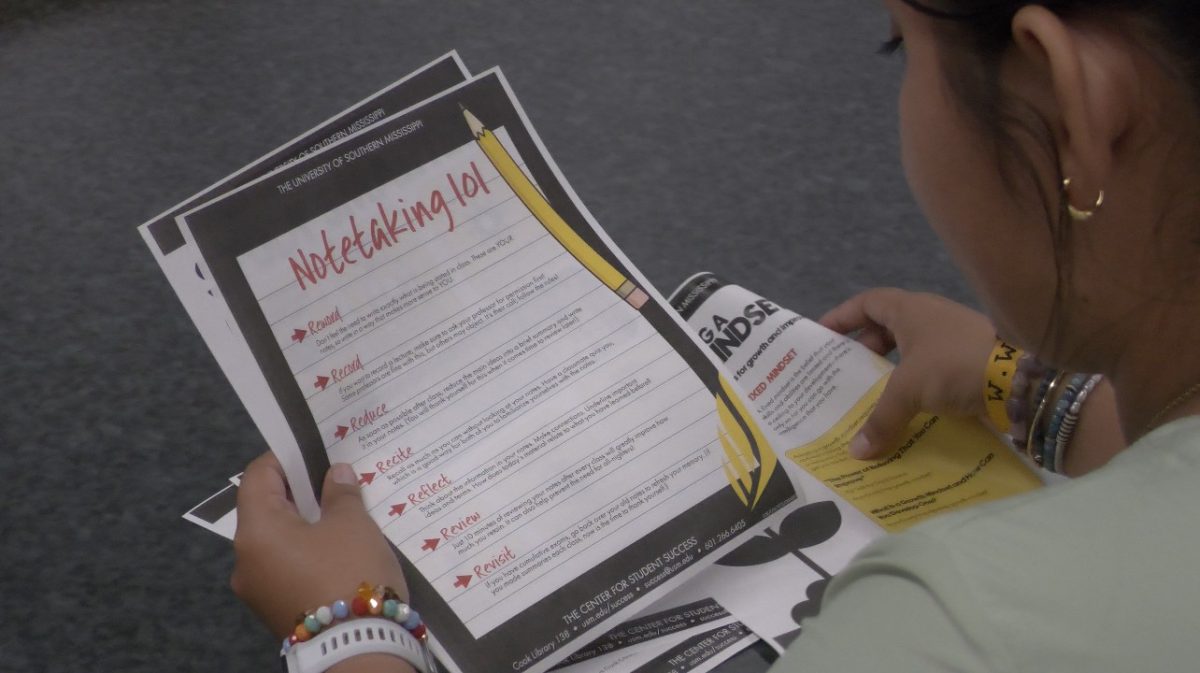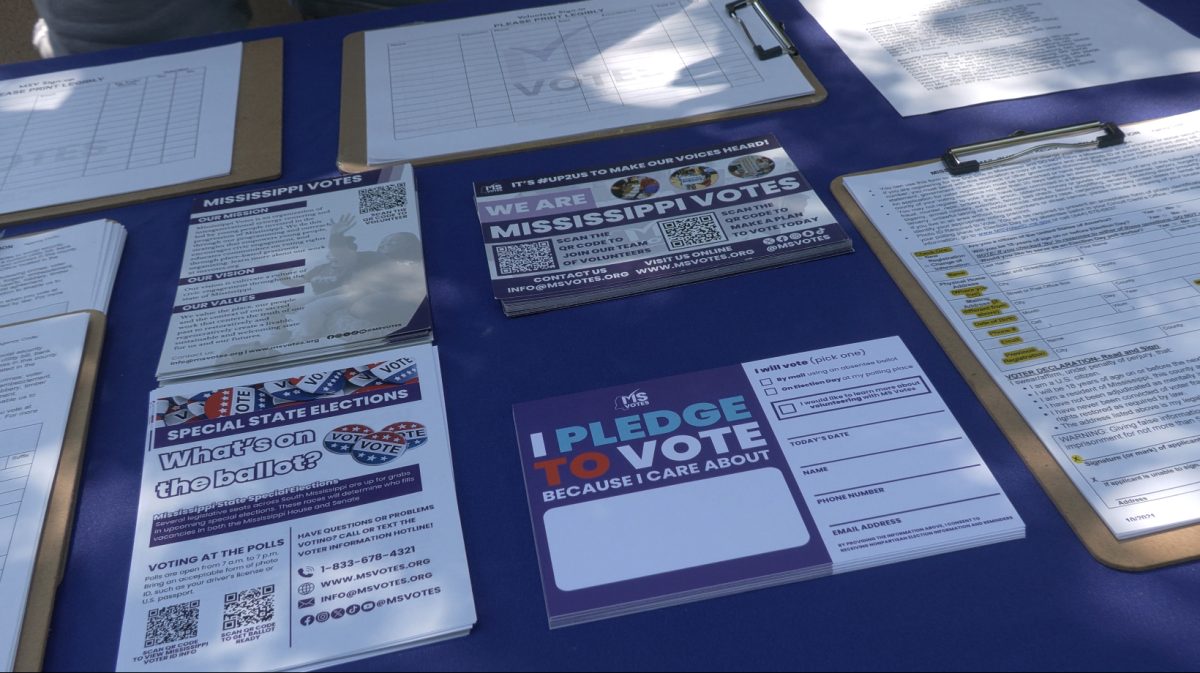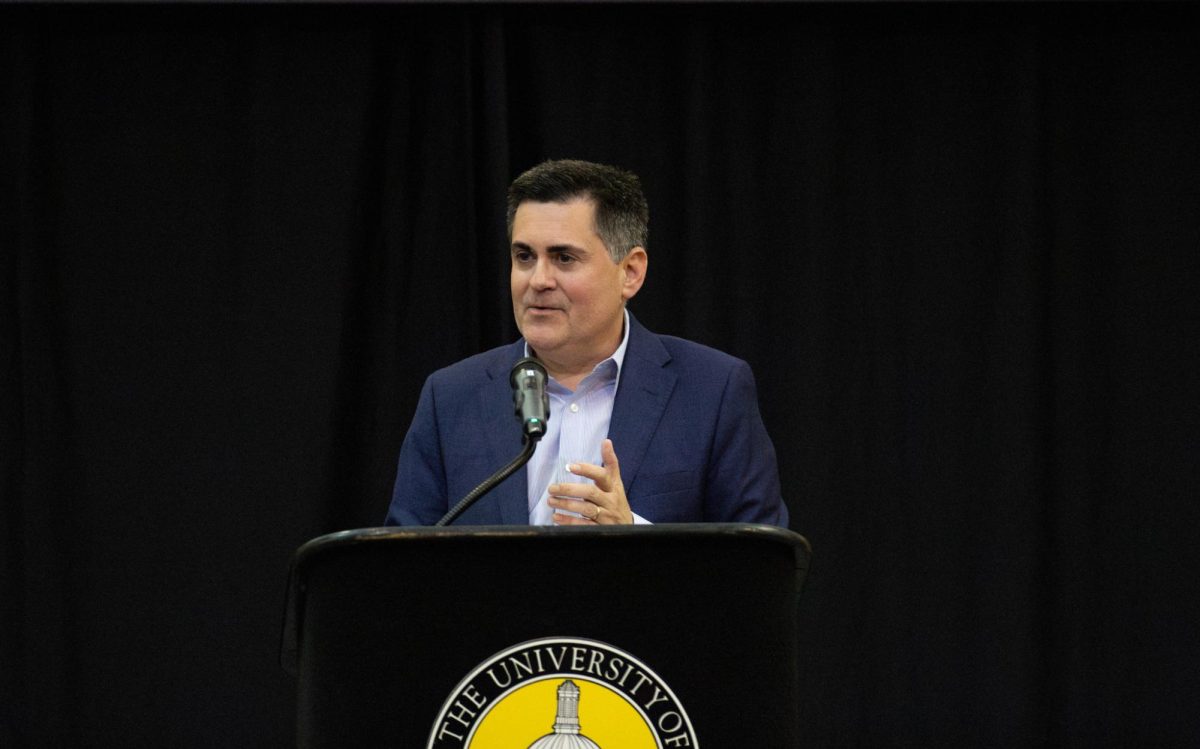A federal court ruling has determined that a Mobile County probate judge can not deny a marriage license to a same-sex couple in a face-off of judicial authority.
According to a gay rights group called Freedom to Marry, 50 of Alabama’s 67 counties decided to begin issuing marriage licenses to same-sex couples after the federal court handed down its verdict on the case.
However, the battle is ongoing over whether the choice to allow same-sex marriages in Alabama should be the choice of the state or the choice of the federal courts.
Many conservatives continue to argue that the ban on same-sex marriages in Alabama is still the law. But, it seems that pro same-sex marriage groups have the federal government on their side.
Several students from The University of Southern Mississippi weighed in on the issue.
“If we are to look at the question of marriage equality from a human rights, or even democratic, perspective, the answer is unequivocally that all Americans should share the same freedom of marriage,” said Taylor Herring, a senior history major.
“The state rights argument reeks of the Civil Rights Era denial of freedom to minorities. As a history major researching African-American history, I have learned a great deal about state governments systematically denying minorities their rights and defending inequality on the basis of, ‘the state’s rights to do so.’”
“I believe that by granting same-sex marriage, Alabama’s probate judges have been among the first to take a vast step toward freedom for all Americans,” she said.
With a campus population that is made up largely of student from the neighboring state of Alabama, this story really hit home with USM students who hail from the yellow hammer state.
“Personally, I believe in human rights, and if gay marriage will result in happiness for the couple, then so be it,” said Logan Singleton, a senior recording industry management major who grew up in Mobile County. “I don’t think that the concept of spending one’s life with a significant other should be limited to only straight people.”
While there is a growing acceptance of same-sex marriages in the South, many people in the heavily evangelical region find that same-sex marriage conflicts with religious beliefs.
“Because of my religious views and values, I disagree with (the federal court’s) actions,” said Gary Stanton, a senior entertainment industry major and Mobile native.
“But, just like every county judge in Alabama who is issuing same-sex marriage licenses, I knew it was inevitable that it was going to happen, eventually. But just because I disagree doesn’t mean that I discriminate. I hate hearing that I’m wrong because I don’t agree with something. As an American, I’m entitled to stand where I want to stand I believe that we are to show love to everyone, even if I we don’t agree with them on some things.”
However, religion is not the only concerns of those who are opposed to the federal court decision. For some, it is a matter that should be decided by the states. “Honestly this is a states rights issue,” said Jacob Creel, a junior international business major.
“A federal judge does not constitutionally override a state judge unless there is a federal mandate to allow something. Just because a federal judge says that it’s OK, there is no bound law and a state judge can say that it isn’t. It’s the beauty of living in a republic. The states represent the people who live in a certain area while the federal government protects the civil rights of all Americans.”
There is no general consensus on this issue. There is a mixture of responses across campus, with many ideas and beliefs playing a major role in students’ perspectives. Proponents from both sides of the argument are eager to see how this story develops.

























